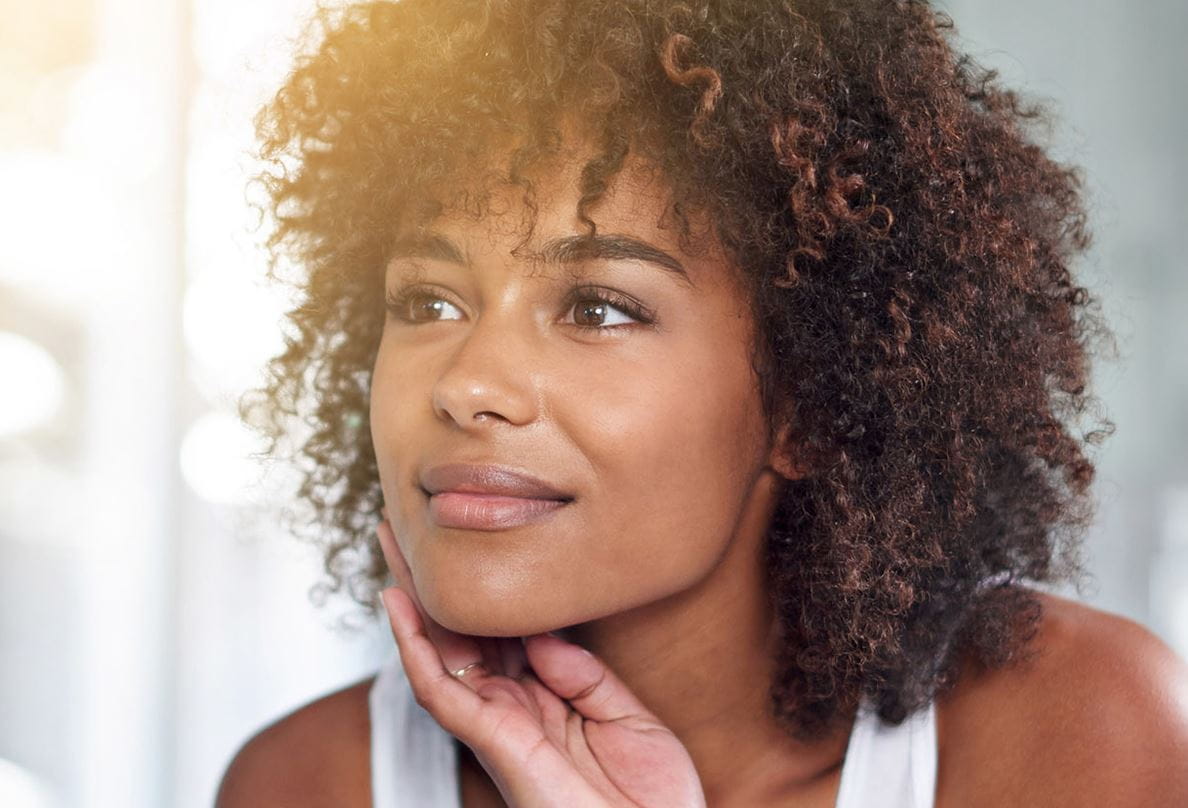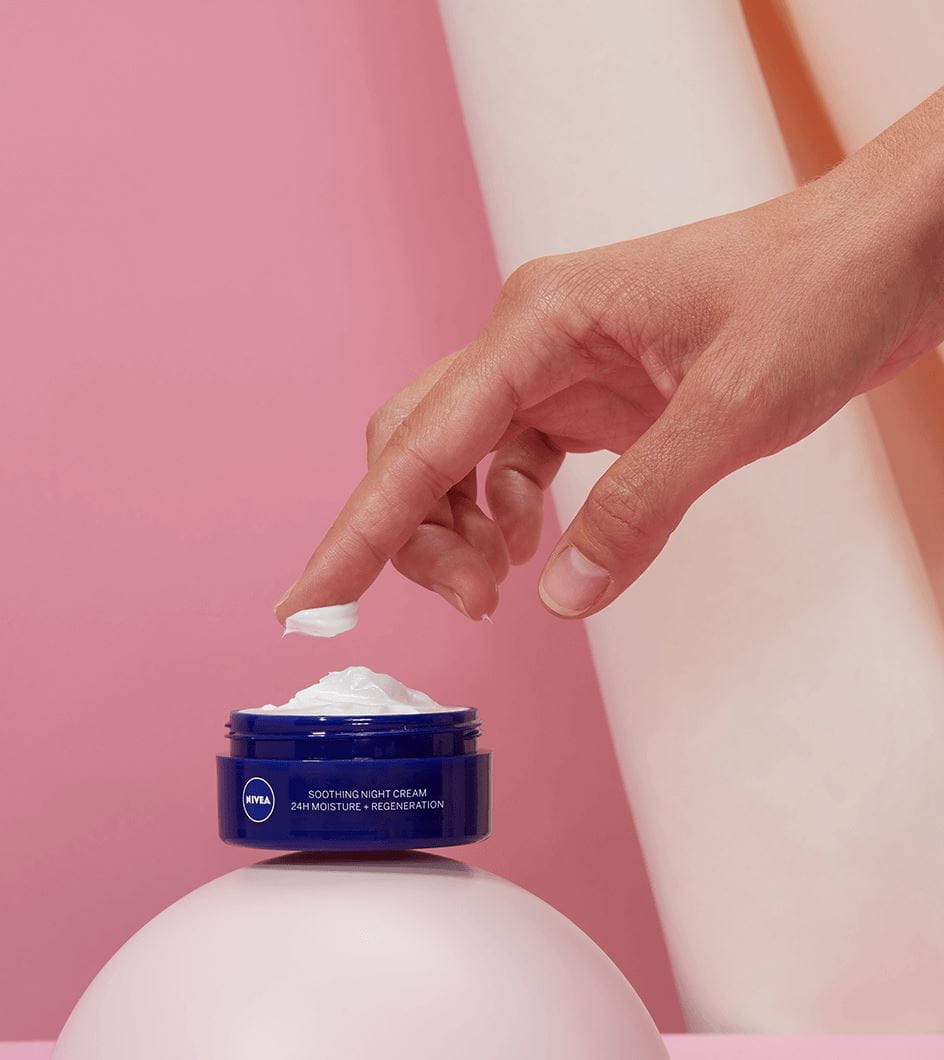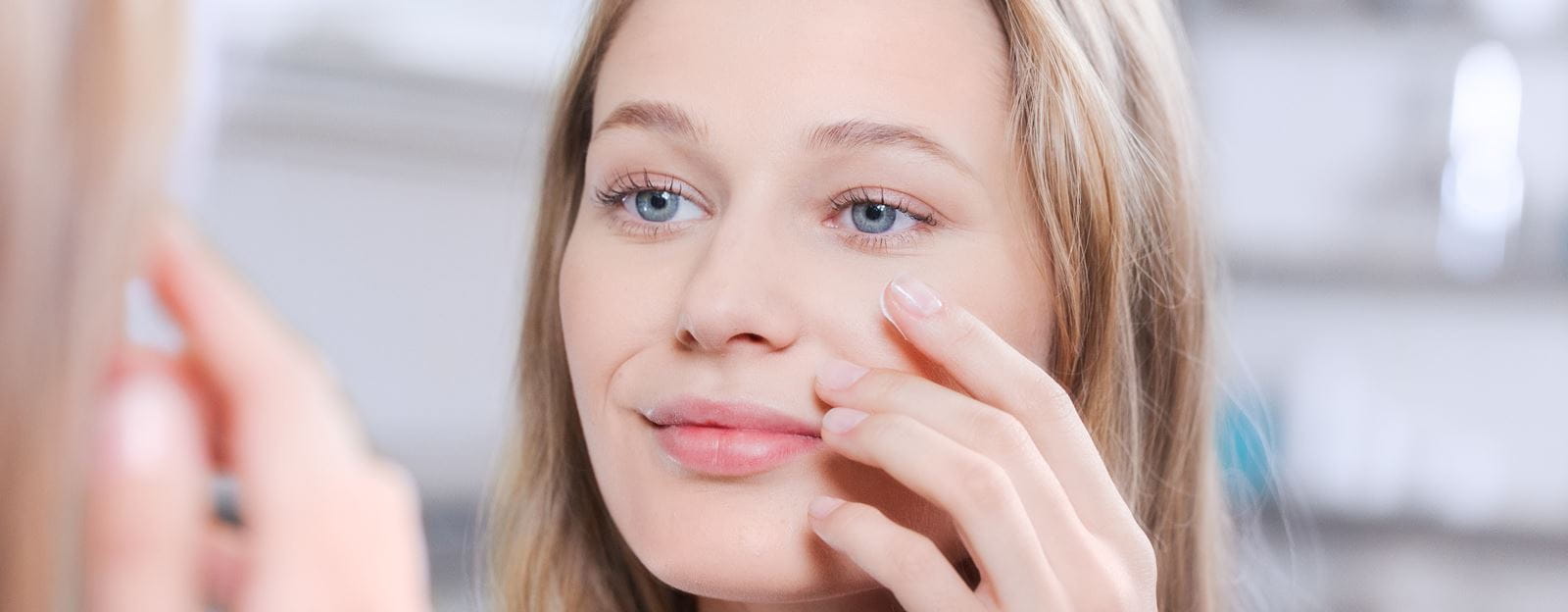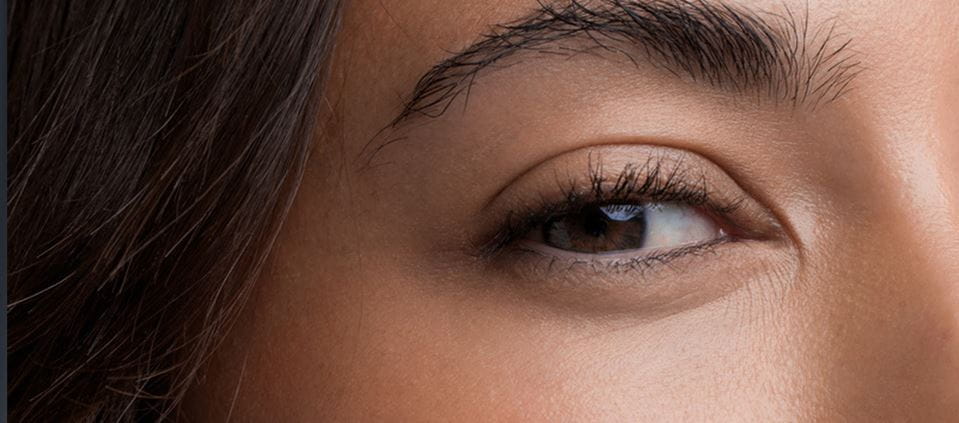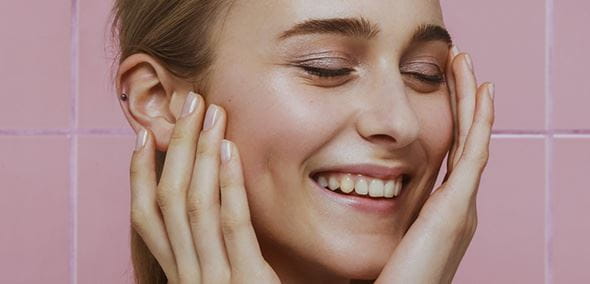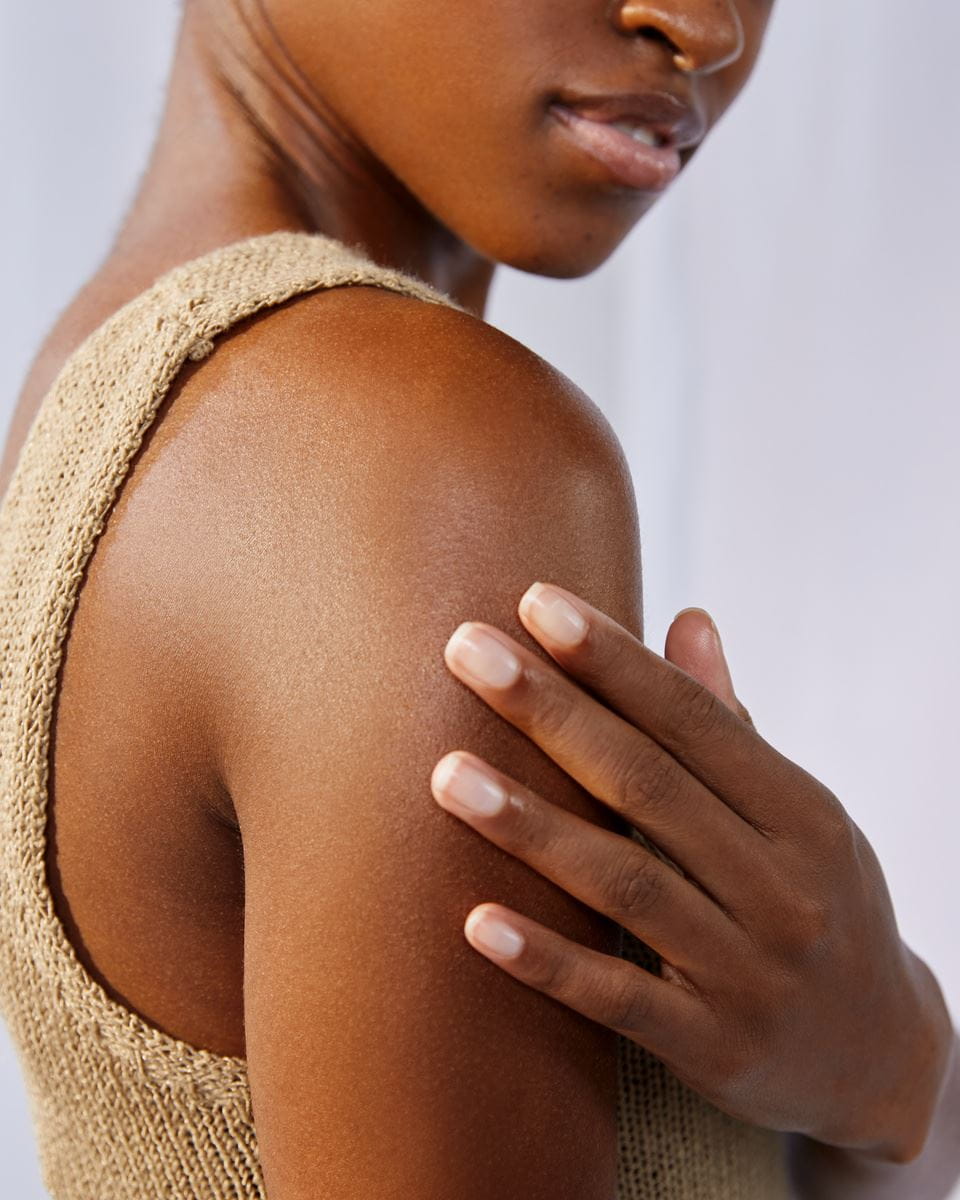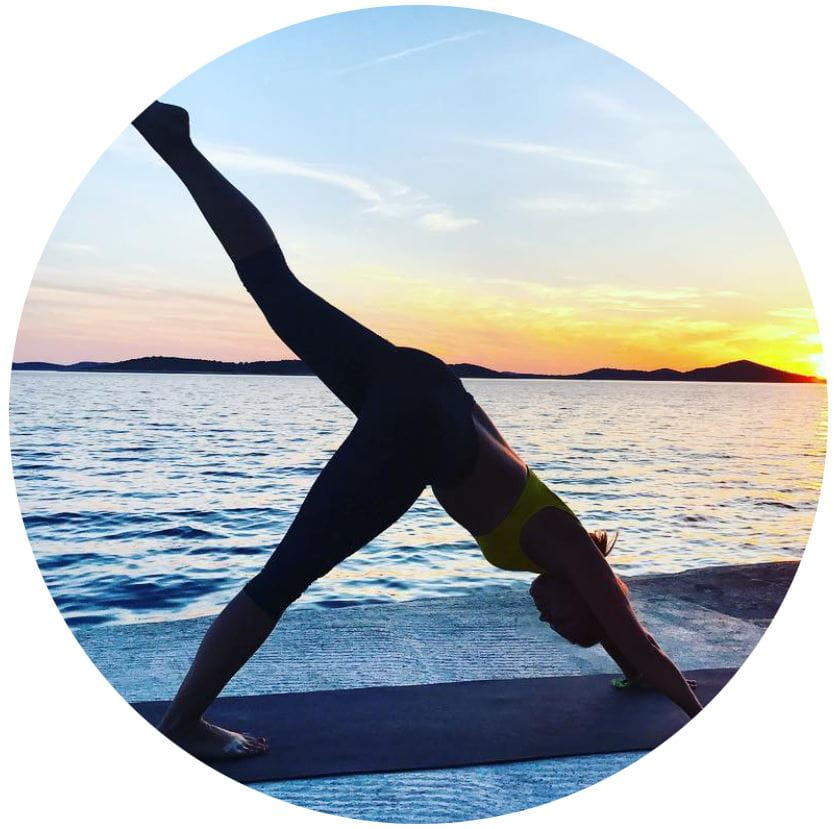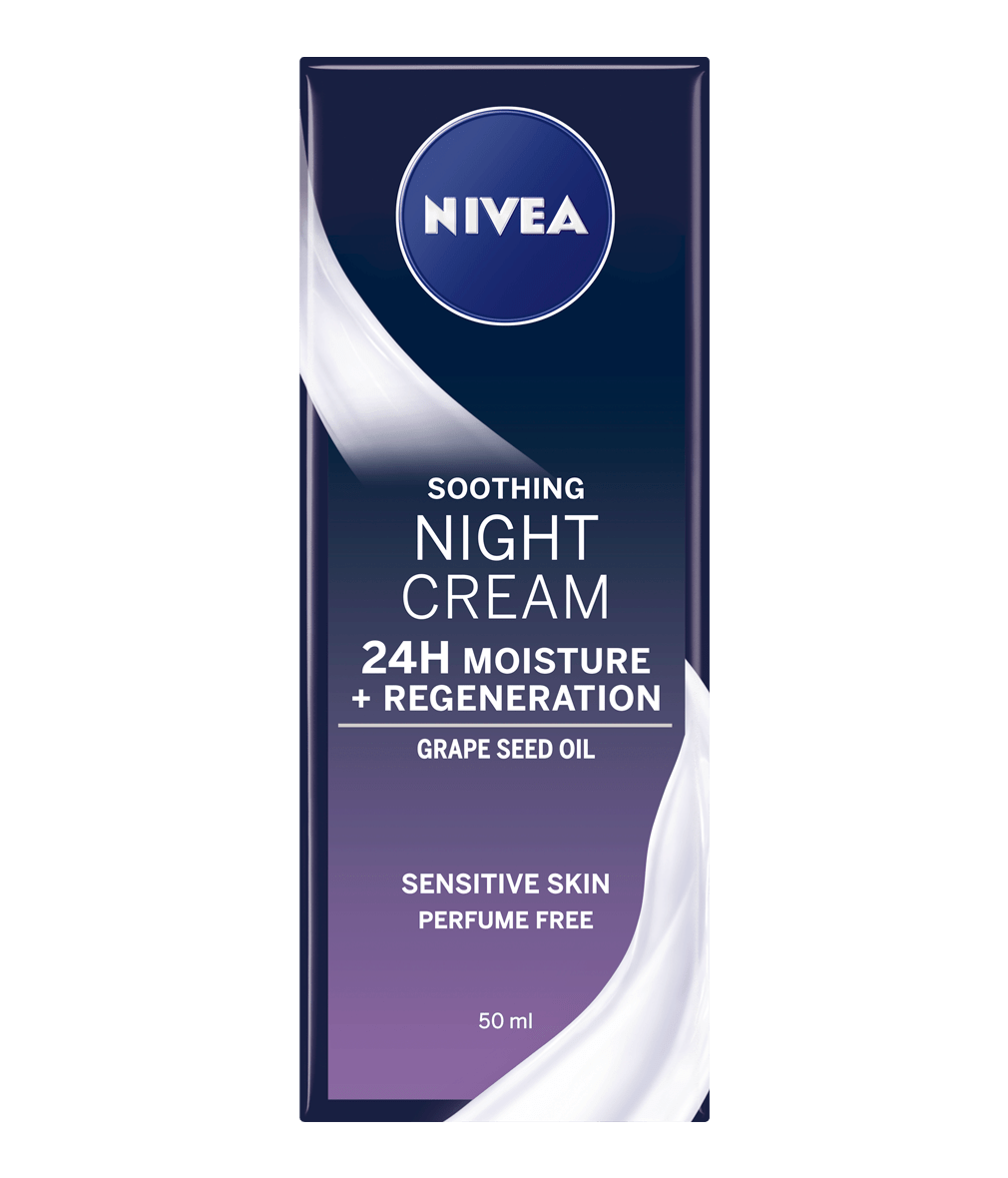
Sensitive skin
Everything you need to know about sensitive skin and looking after it
9 causes of sensitive skin
Stress, cold, wind, sunlight or even the wrong products can be irritating to sensitive skin. Frequently agitating sensitive skin impairs its natural protective function, putting you at risk. But fear not, NIVEA are here to cover off some of the common causes of irritation. Helping keep you (and your skin) properly prepared, treated and protected from everything that life throws at you.
Caution: sensitive skin
Features of Sensitive Skin
Is your body showing its sensitive side?
The body’s skin can be sensitive for various reasons. Environmental factors such as cold or heat, as well as internal processes such as hormonal changes, are known causes.
Triggering factors for sensitive skin
There are so many things that contribute to sensitive skin, outside and in. External factors can make your skin feel dry and inflamed, whereas internal factors, predisposition and time can have their effects too.
CHOOSING THE RIGHT SENSITIVE SKIN CARE PRODUCTS
Finding the creams and moisturisers that are right for your sensitive skin
Ingredients for sensitive skin care
When it comes to sensitive skin, ingredients keeping the skin moist, strengthening the skin’s barrier and calming the skin all help to reduce the skin’s sensitivity.
Your most sensitive area: your face
Sensitive skin is most noticeable on the face because it typically is exposed most to external influences, like wind, UV and more. Thankfully, NIVEA has a range of products to integrate into your sensitive skin care routine.
SENSITIVE SKIN CARE:
